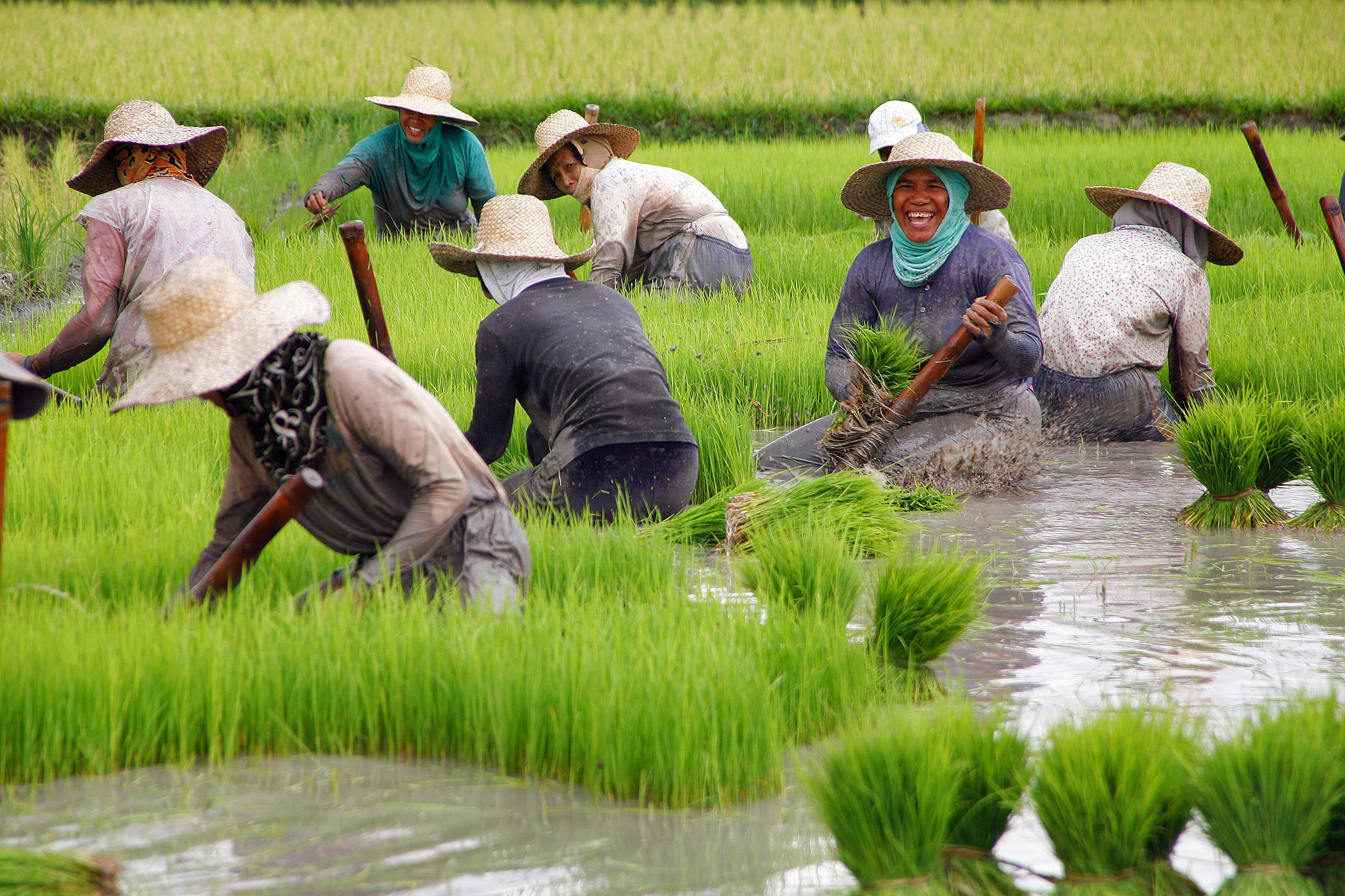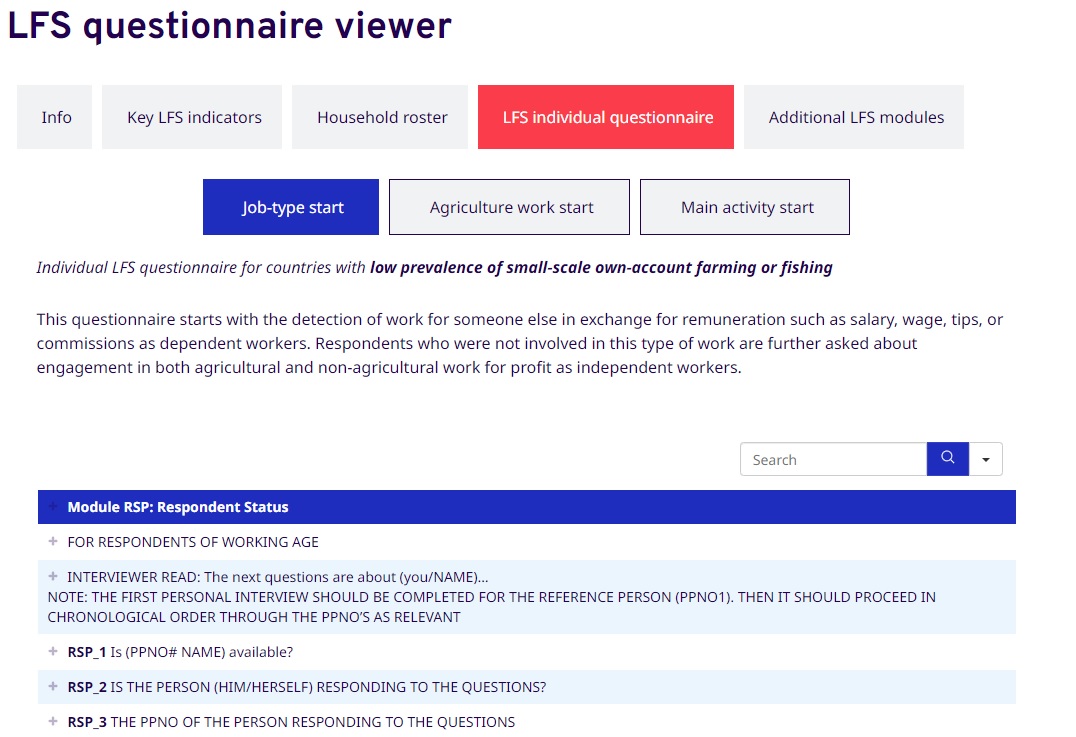
Note on the implementation of statistical standards from the 19th, 20th and 21st ICLS through household surveys
This note provides an overview of the requirements to apply the latest statistical standards through household surveys.

This note provides an overview of the requirements to apply the latest statistical standards through household surveys.

In this blog, we highlight key developments which have greatly enhanced the visibility of women’s work within labour statistics, and the relevance of labour statistics to women’s work, making for a much more complete view of the world of work.
Making labour statistics work for women: recent developments and the way ahead Read More »

This report illustrates Key findings and implications for questionnaire design obtained from the pilot studies carried out by the ILO in Uganda and Peru in relation to the identification of status in employment based on the International Classification of Status in Employment (ICSE-18). Working relationships are inextricably linked to – and have direct implications for – the identification and measurement of informality. Thus, ensuring both are measured well is key to improving our understanding of informality.

The report provides an overview of the labour force survey pilot studies carried out by the ILO Department of Statistics in Uganda and Peru under the Engendering Informality Statistics project funded by the Bill & Melinda Gates Foundation. The main activity of the project was to test statistical concepts and measurement approaches in household survey questionnaires to generate evidence on what works when collecting data with a gender lens.
Statistical Methodology Series 9 – Engendering informality project Read More »

The main objective of the Academy is to better equip and situate national and international stakeholders in the new SDG statistical monitoring system in the context of the main outcomes of the 20th and 21st ICLS recommendations.
Labour Market Statistics and Analysis Academy Read More »

This guide provides guidance on implementing the ILO add-on module for own-use provision of services (OPS) in national labour force surveys. It is aimed at low- and middle-income countries and is designed to support NSOs to produce statistics on OPS when resource constraints or other considerations impede an independent time-use survey.
Own-use provision of services: Measurement guide Read More »

New statistical standards will improve the measurement of the informal economy, providing more useful and complete data to address informality through targeted policies.
New standards, increased visibility: improving measurement of the informal economy Read More »

This viewer allows users to take a close look at questions in the ILO model LFS questionnaires for PAPI.
LFS questionnaire viewer Read More »